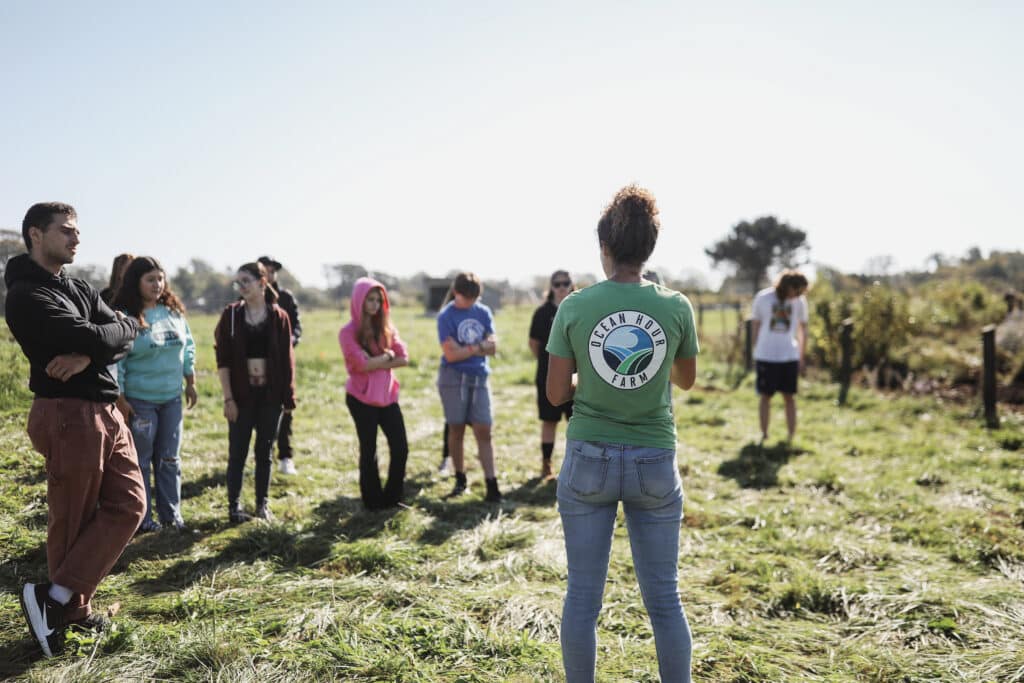Meet 8 organizations working on regenerative land or sea management practices that benefit our food and fiber shed.
With more than 70 applications, we were overwhelmed and overjoyed by the incredible applications we received for our inaugural year of grant giving. The grant committee and our staff poured over every application, ultimately awarding grants to 8 organizations representing the important work of transitioning to regenerative land and sea management.
Ocean Hour Farm’s second round of grant funding will accept applications from November 1, 2024, to January 31, 2025. Application review begins in February 2025.






















